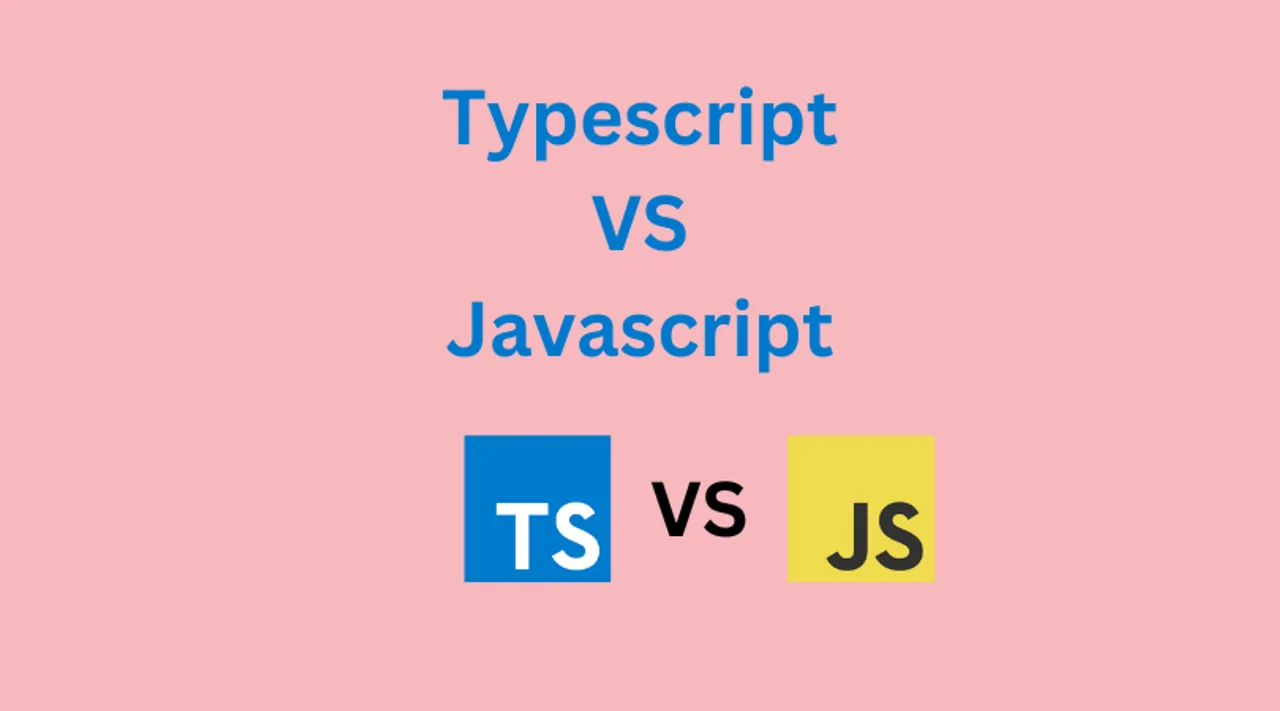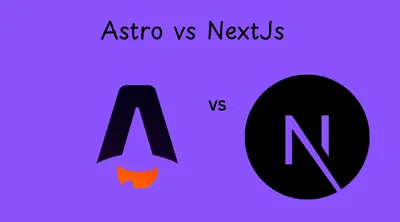TypeScript vs JavaScript: Which One Should You Use in 2025?
Learn the key differences between TypeScript and JavaScript, their pros and cons, and when to use each for web development.

JavaScript has been the backbone of web development for decades. But in recent years, TypeScript has gained massive popularity among developers. Is TypeScript just a better JavaScript, or does it serve a completely different purpose?
In this guide, we’ll compare TypeScript vs JavaScript to help you decide which one to use in 2025.
What Are TypeScript and JavaScript?
JavaScript
JavaScript (JS) is a dynamic, loosely typed programming language used for web development. It’s the default language of the web, supported by all browsers.
Key characteristics of JavaScript:
- Interpreted language – Runs directly in browsers
- Dynamic typing – No need to specify data types
- Weakly typed – Variables can change types at runtime
- Supported everywhere – Works in browsers, Node.js, and beyond
TypeScript
TypeScript (TS) is a superset of JavaScript developed by Microsoft.This means it includes all JavaScript features and adds extra features. It adds static typing, better tooling, and improved maintainability.
Key characteristics of TypeScript:
- Strongly typed – Helps catch errors before runtime
- Compiles to JavaScript – Needs to be transpiled
- Object-oriented features – Supports interfaces, enums, and generics
- Great for large projects – Helps scale applications safely
Key Differences: TypeScript vs JavaScript
Let’s compare them side by side:
| Feature | JavaScript | TypeScript |
|---|---|---|
| Typing | Dynamic (weakly typed) | Static (strongly typed) |
| Compilation | No compilation needed | Requires transpilation (TS to JS) |
| Error Checking | Errors appear at runtime | Errors caught at compile time |
| Performance | Faster execution | Slightly slower (due to compilation) |
| Tooling Support | Basic IDE support | Better IDE support (VS Code, IntelliSense) |
| Learning Curve | Easier for beginners | Steeper due to types & compilation |
| Code Maintainability | Harder in large projects | Easier in large projects |
Pros & Cons of TypeScript and JavaScript
✅ JavaScript Pros
✔️ Simple and beginner-friendly
✔️ No setup required, runs in all browsers
✔️ Fast execution, no compilation step
✔️ Supported by every web framework
❌ JavaScript Cons
❌ Hard to debug due to dynamic typing
❌ No built-in type checking
❌ Poor scalability for large projects
✅ TypeScript Pros
✔️ Catches errors before runtime
✔️ Better code maintainability
✔️ Great IDE support (IntelliSense, autocomplete)
✔️ Works well in large-scale applications
❌ TypeScript Cons
❌ Requires a compilation step
❌ More complex syntax
❌ Not natively supported in browsers
When Should You Use TypeScript or JavaScript?
| Use Case | Recommended Choice |
|---|---|
| Small projects & quick scripts | ✅ JavaScript |
| Large applications | ✅ TypeScript |
| Team collaboration & maintainability | ✅ TypeScript |
| Learning web development | ✅ JavaScript |
| Working with libraries like React or Node.js | ✅ Both (TypeScript preferred for scalability) |
Code Example: JavaScript vs TypeScript
Let’s compare JavaScript and TypeScript with a simple function.
JavaScript Example (No Type Safety)
function add(a, b) {
return a + b;
}
console.log(add(5, "10")); // Output: "510" (string concatenation instead of addition!)Since JavaScript is dynamically typed, this function does not prevent incorrect inputs, which can lead to unexpected results.
TypeScript Example (With Type Safety)
function add(a: number, b: number): number {
return a + b;
}
// console.log(add(5, "10")); // TypeScript will show an error at compile time
console.log(add(5, 10)); // Output: 15TypeScript ensures that both a and b must be numbers, preventing potential runtime errors.
Conclusion: JavaScript or TypeScript?
Javascript is the best choice if you are new to web development. If you are already familiar with JavaScript,
TypeScript will save you from debugging nightmares when building large applications or working in a team.
TypeScript is great, but it compiles to JavaScript, meaning you still need to understand JavaScript fundamentals.
Related Posts

Astro JS vs Next.js: Choosing the Right Framework for Your Project
A comprehensive comparison between Astro JS and Next.js to help you determine the best framework for your web development needs.

Remote Software Engineer Jobs: How to Land and Thrive in a Virtual World
A detailed guide on securing remote software engineering positions, exploring industry trends, benefits, key skills, portfolio tips, networking strategies, and interview preparation.

How to Land Your First React Job in 2025
A comprehensive guide to securing your first React developer position in 2025, covering essential skills, portfolio development, networking strategies, and interview preparation.